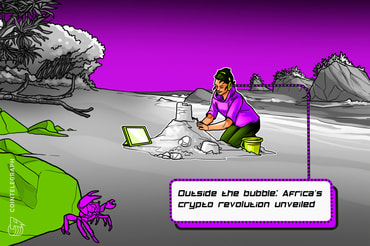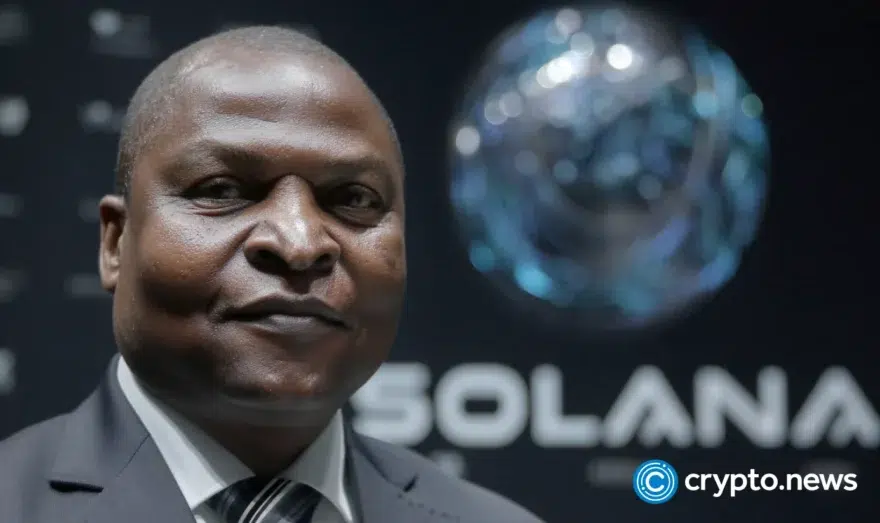How African innovators are using blockchain to solve real problems

While blockchain headlines in the West often focus on speculation and regulation, in Africa, it’s a different story, one rooted in necessity, innovation and grassroots adoption.
The latest episode ofThe Clear Crypto Podcastexplores this ground-up revolution with Kevin Imani, head of StarkWare’s Africa Venture Studio, who shares how communities across the continent are using blockchain to tackle real-world problems in finance, energy and connectivity.
A student movement
“Young students were using blockchain before it was mainstream,” Imani explained. From Kenya to Nigeria, local needs, not hype, drove early adoption.
In many cases, it was students receiving digital currencies from abroad or freelancers getting paid in dollars and struggling to convert funds into local currency. With limited banking infrastructure or trust in government institutions, decentralized alternatives offered a lifeline.
Imani highlighted how centralized systems like Kenya’s E-Mpesa changed access to finance, but still fall short for international payments or off-ramping digital assets.
Related:Blockchain.com expands in Africa as local crypto rules take shape
“You have to start becoming a trader almost,” he said, describing the convoluted process of converting stablecoins or crypto earnings into usable local funds. This trust gap has fueled peer-to-peer crypto usage.
Even before regulators or startups built formal infrastructure, communities had already found use cases for blockchain.
Blockchain beyond finance
Beyond finance, African innovators are tapping blockchain to address energy insecurity. In rural Zambia, excess power from a mini hydro station could go to waste. Instead, residents can now use that surplus to mine Bitcoin, for example, generating revenue and creating a sustainable power loop. “It’s self-sustaining and reduces waste,” Imani said.
Connectivity is another frontier. In areas where traditional internet providers fall short, decentralized WiFi hotspot networks are emerging. With blockchain, community members can share bandwidth and be compensated instantly and transparently. “You don’t need a middleman. It’s fair and trackable,” he said.
Still, mainstream adoption remains cautious. Governments like those in Kenya, Nigeria and South Africa are in “standby mode,” focused more on consumer protection than full-scale implementation. But Imani remains optimistic:
To hear the full conversation onThe Clear Crypto Podcast, listen to the full episode on Cointelegraph’s Podcastspage,Apple PodcastsorSpotify. And don’t forget to check out Cointelegraph’s full lineup of other shows!
Magazine:ZK-proofs are bringing smart contracts to Bitcoin — BitcoinOS and Starknet
Explore more articles like this
Subscribe to our Crypto Biz newsletter
Weekly snapshot of key business trends in blockchain and crypto, from startup buzz to regulatory shifts. Gain valuable insights to navigate the market and spot financial opportunities. Delivered every Thursday
By subscribing, you agree to ourTerms of Services and Privacy Policy

Published on Other News Site














